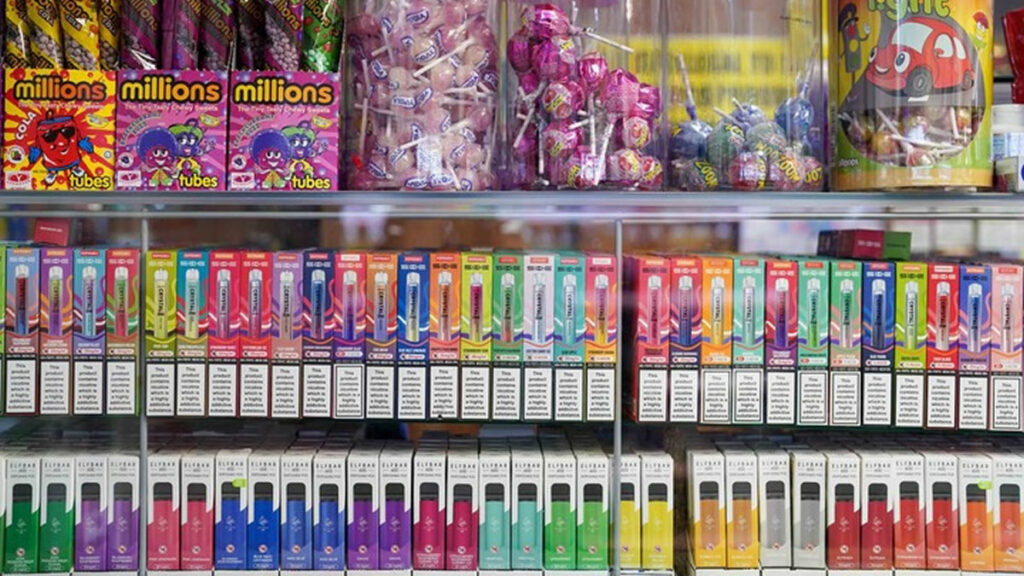The Labour government has announced plans to ban the sale of disposable vapes in England and Wales starting from June 1, 2025. The legislation, recently introduced in Parliament, will make it illegal for retailers to sell these devices after the specified date. The Department for Environment, Food and Rural Affairs (Defra) has stated that businesses will have until the deadline to sell any remaining stock and prepare for the ban’s implementation.
Vape Usage Skyrockets, Prompting Concerns About Youth Addiction
Defra reported that vape usage in England has surged by more than 400% between 2012 and 2023, with 9.1% of the British public now buying and using these products. Moreover, recent figures have revealed a troubling trend: the number of young people who reported vaping has tripled over the past three years. Health minister Andrew Gwynne expressed deep concern over the fact that a quarter of 11 to 15-year-olds used a vape last year, emphasizing that disposables are the product of choice for the majority of children who vape. The ban aims to keep these devices out of the hands of vulnerable young people.
Labour Considers Increasing Upcoming Vaping Tax
In addition to the ban on disposable vapes, the Labour government is reportedly considering raising the upcoming tax on vaping products. The levy, set to take effect from April 2026, was initially proposed by the Conservatives in March. It will introduce a tax of £1-3 per 10ml of vape liquid, with the amount increasing based on nicotine levels. An analysis by The Independent found that this could cost the average vape user around £72.80 a year, with an average £4 bottle of E-liquid rising to £5.40. Reports suggest that Rachel Reeves, the Chancellor of the Exchequer, is contemplating raising the tax further as part of her upcoming Budget announcement.
Tobacco and Vapes Bill Aims to Curb Youth Smoking and Vaping
Labour’s efforts to reduce youth smoking and vaping extend beyond the disposable vape ban and potential tax increase. The government has outlined its ambition to tackle this issue through the Tobacco and Vapes Bill, which aims to prevent anyone born after January 1, 2009, from legally smoking by gradually raising the age at which tobacco can be purchased. The bill, which health secretary Wes Streeting has pledged to introduce before Christmas, will also grant the government new powers to regulate flavors, packaging, and displays of vape products to make them less appealing to children.
Potential Revenue from Health Levies
Chris Thomas, a research fellow at the Institute for Public Policy Research (IPPR), told The Guardian that the government is right to consider new taxes designed to disincentivize or penalize industries and products that harm health while generating revenue to invest in health creation. The IPPR estimates that health levies on alcohol, tobacco, vapes, junk food, and gambling could raise as much as £10bn by the end of the decade.
A Treasury spokesperson declined to comment on speculation around tax changes outside of fiscal events.
- UK Announces Mandatory Vape Tax and Duty Stamps from 2027 - February 10, 2026
- Sri Lanka Travel 2026: Total Ban on Cigarettes & Vapes - February 5, 2026
- NY Tax Proposal: Hochul Targets ZYN with 75% Levy - January 29, 2026


